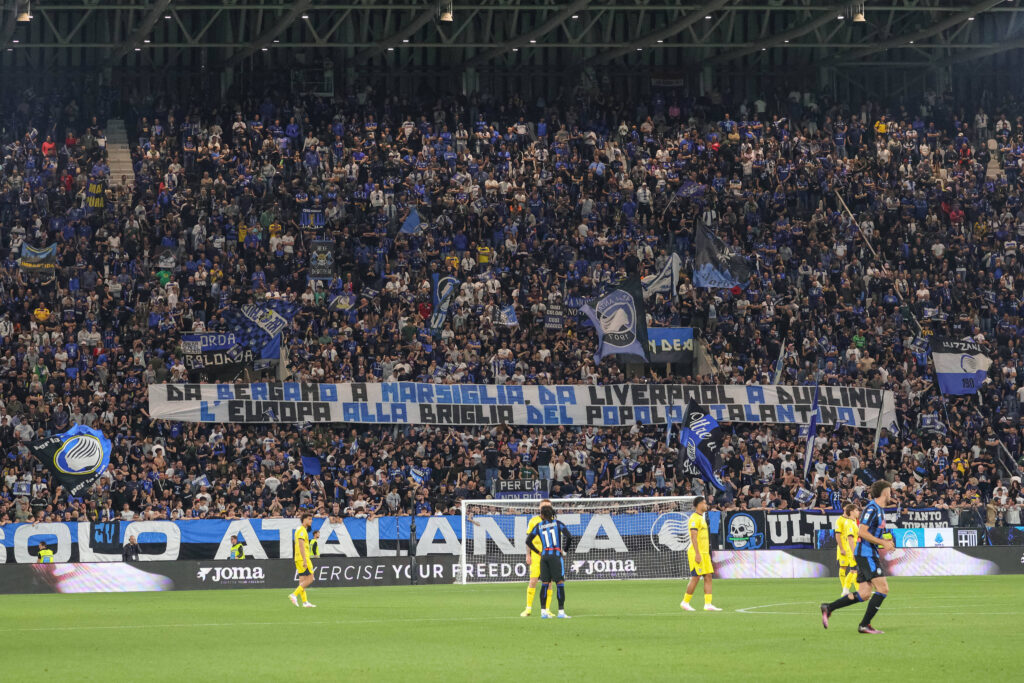For decades, an exclusive circle of powerful European football teams—Real Madrid, Manchester United, Bayern Munich, Juventus, and a few more had not only legacy and championships but also the lion’s share of financial clout. But the status quo has changed dramatically in recent seasons. Smaller clubs with tighter budgets are redefining the rules of competition, rising league tables, and producing amazing giants.
In many respects, it reflects the excitement of grabbing a $300 free chip no deposit casino offer—an unanticipated chance to play big without the usual buy-in. These underdogs are showing that vision, structure, and belief are more important than spending hundreds of millions to get headlines.
Girona, Union Berlin, and the Mind of Smart Management
Look at Girona FC in Spain. Limited resources, they have lately questioned the La Liga hierarchy and even interacted with Real Madrid and Barcelona at the top of the league. Their success is the outcome of strategic planning, loan system use, and data-driven recruitment—not of accident. Supported by the City Football Group, Girona gains from a joint scouting network, yet their identity is local and very competitive.
Union Berlin created news meanwhile by making it to the UEFA Champions League only a few years after earning Bundesliga promotion. Union Berlin’s ascent stems from community values, cohesiveness, and a dedication to group work over star power. Its stadium still features standing terraces and a populace famed for painting the city red.
These groups are more than just moral tales. They are the new guide for success and environmental sustainability in a sport usually controlled by billions.
Tactical Innovation Beyond Monetary Authority

These underdogs lack in budget; they make up for it with tactical inventiveness. Though they are hardly household names worldwide, coaches like Gian Piero Gasperini at Atalanta or Michel Sánchez at Girona are specialists at maximizing their teams.
By using an aggressive, high-pressing approach of play that baffles even the toughest teams, Atalanta, for example, has become a pillar in European football contests. They are also a master lesson in player development, finding unprocessed ability and turning it for financial gain without sacrificing performance.
These teams make investments in tactical discipline and group cohesion instead of chasing marquee signings. It’s about cultivating brilliance rather than about purchasing it.
Youth Development and the Authority of the Academy
The dedication of underdogs to young growth is one recurring theme in their emergence. Bigger teams loan out or sideline its academy graduates, but Feyenoord, AZ Alkmaar, and FC Midtjylland rely on local talent to run their first teams.
With a Europa Conference League squad average age of under 23, AZ Alkmaar shocked Europe.
Under Arne Slot, Feyenoord mixes youth with aggressive strategies to challenge the established power structure of the Eredivisie.
These academies are creating systems that produce strong, tactically smart professionals who can execute difficult game plans under duress, not only producing athletes.
Value of Sustainability and Financial Fair Play
The space for careless expenditure has closed as UEFA’s Financial Fair Play (FFP) rules get tighter. This change subtly benefits underdog teams, who have traditionally worked within tight financial constraints. Now, the playing field gets somewhat more even as even giants come under close examination over expenditure.
Furthermore, Premier League teams like Brentford have demonstrated how cost-effective scouting and data analytics may provide greater outcomes than spectacular acquisitions. Inspired by Moneyball ideas in baseball, Brentford has become a squad that punches much above its weight by using computers to identify under-evaluated talent.
Empoli has also created a position in Italy through shrewd loan deals; typically serving as a growth center for larger clubs, Empoli stays competitive personally.
Emotional Edge in Community and Culture
Underdog teams excel in another dimension: cultural and community involvement. Smaller teams stay anchored in their local identity while Superclubs grow their worldwide brand and schedule summer trips throughout continents.
Their particular psychological edge comes from this honesty. Their athletes carry the dreams of a whole community that usually shares in their daily life, not only a badge. It strengthens the link that drives more effort on the field.
For instance, the custom of Union Berlin’s supporters working to refurbish their stadium represents unity rather than only a PR narrative. Likewise, St. Pauli in Germany is internationally renowned despite not vying for championships since they have developed a whole club culture based on inclusiveness and action.
Shifting the European Football Competency Landscape
Underdog success is also having a knock-on impact in European competitions. More of these teams qualify for the Europa League and the Conference League, and they bring a different brand of football—one that is quick-paced, courageous, and hungry.
More importantly, their existence disturbs the comfort zone of seasoned teams. Easy group stages or knockout progress are no more assured for traditional giants. Every fixture today requires complete attention, particularly in front of a club with nothing to lose but everything to prove.
Fans as well as the direction of European football will benefit from these developments since they make the game less predictable and more exciting.
At last, the rise is real
There are not flukes among the underdogs of European football. They are not only following lucky streaks or profiting from one-off spectacular seasons. Their ascent is strategic, environmentally friendly, and redefining what victory in the contemporary game means.
These clubs are demonstrating in a world when money frequently determines status that smart preparation, tactical intelligence, and local heart can challenge even the toughest competitors. They are demonstrating that you can create something potent without spending like Real Madrid or Manchester City.
Their climb in European football is a message to owners, supporters, and the game itself that football is not exclusively for the elite. All you need occasionally is belief, a strategy, and a chance. The game is evolving, much as landing that $300 free chip no deposit would, and the bold ones are already playing it differently.
Main image credit: IMAGO / Philippe Ruiz




